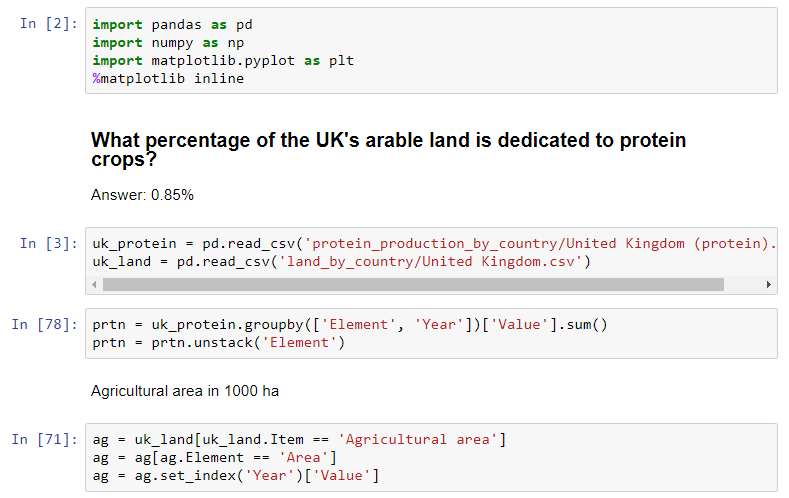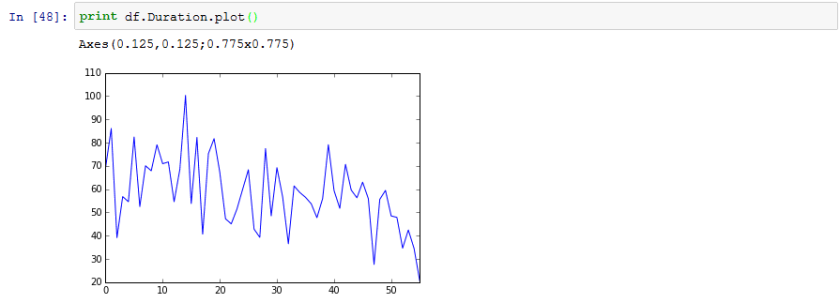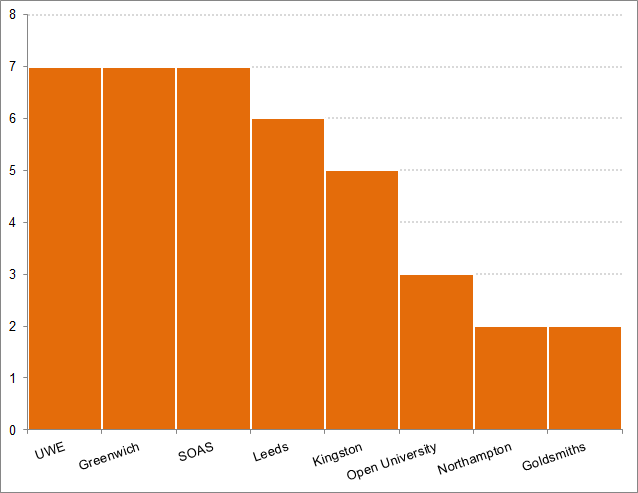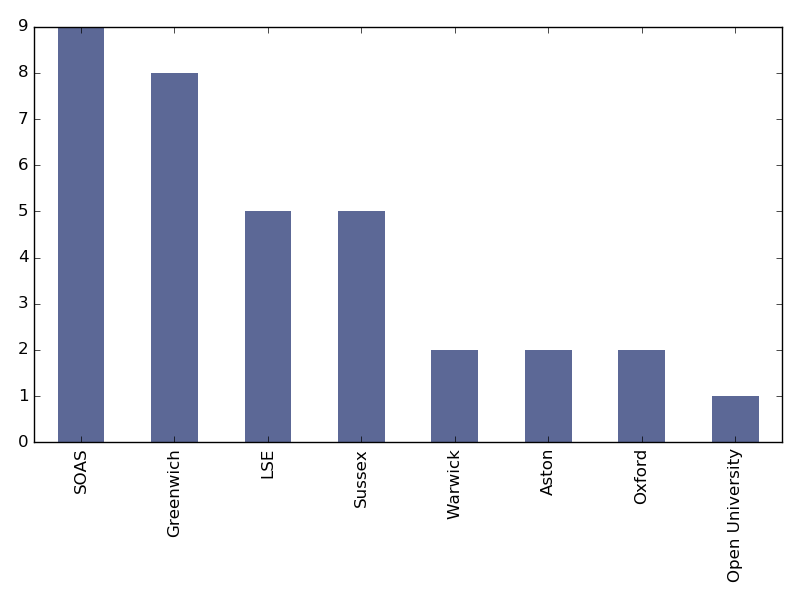The reason why teaching undergrads is the best job I’ve ever done is because interacting with intelligent, energetic people is not the once-in-a-while happy coincidence it is in most jobs, but it’s the central purpose of what you’re supposed to be doing.
Sure, there are the hours of marking, the jocks, the whingers (colleagues that is, not students), the disastrous classroom IT. But the main point and purpose of my being here is to come into regular contact with open-minded people, and try and draw them into interesting discussion. And to do this with no agenda other than to keep everyone involved entertained and intellectually stimulated. It’s like being at a daytime teetotallers’ high-brow cocktail party.
But some conversations are more interesting than others. And a conversation I was drawn into on my first day of teaching after a long, isolated Easter break left me in need of a strong drink and a sit down.
It involved a student of the most memorable Myers-Briggs category: TICL (Talkative; Intelligent; Cheeky; Lazy). TICLs are either a joy or a damnation depending on whether you like the student in question, whether they like you, and how you deal with the inevitable uproar they cause. My managing of this particular TICL has been an up-and-down affair, depending on our respective moods, but on this occasion they were in a particularly restive mode.
After some fairly meandering discussion of an arcane trade theory, the TICL interjected with “when are we going to get to the good stuff?” Foolishly drawn in, I said “This is the good stuff. We’re talking about the actual world here! Trade! You might wish you were back in this class when you’re doing statistical asymptotics in 2nd year econometrics!” To which they smartly replied “Yeah well, I might wish I’d studied something different.”
The basic complaint is that the student had imagined, when applying to do economics, they would learn about what makes the world tick. How do banks make their billions? Why are some countries so seemingly doomed to mishap? Just what is it about China that makes everyone want to talk about it? And come to think of it what ever happened to the US? Or Japan? Or Europe? In other words, to come to understand the world. To see it as a set of explicable causes and effects, not just a random mishmash of historical happenstance. To know the proposed remedies for the ailments of the world, and why the remedies of the past were no good. To have a sense that somebody, somewhere knows what the heck we should DO!
And I couldn’t completely disagree with this student’s analysis of their undergraduate course. Where were the big ideas? Where were the theories that made all the seemingly insane stuff we see happening actually fall into place? Where was the sense that here, in the Economics department, was a team of geniuses plotting the salvation of global capitalism from its cannibalistic excesses?
But worse than my half-agreeing that we were teaching these undergraduates the wrong stuff was a deeper more gruesome realisation by far. What if there is no explanatory grand theory? What if there is no team of geniuses? Why are we still debating the reasons why people trade with each other, or why they don’t all gamble their savings away on the stock market? Or what governments should do when a recession hits?
It seems to me that 90% of economists are still stuck trying to understand the developed old world, forever peering into the black boxes of the Federal Reserve or poring over UK tax returns, and trying to guess how the various levers work, while studies of development, or the power of Google, or the end of manufacturing, or the dark web of global capital of which Panama is only the tip of the iceberg, are relegated to tiny departmental outposts or, horror of horrors, the social sciences.
Hopefully I have successfully convinced you by the above tirade that I was in a bit of a neg. And so I retreated to the only place I knew I was guaranteed to be undisturbed by man nor beast: the Economics staff common room, a place so lonely and ill-loved that even the old copies of the FT cling and heap together for company.
And so it was that I starting reading this Lucy Kellaway article about how young people are encouraged to think that their shiny graduate jobs at KPMG and Goldman Sachs are going to be fun, important and exciting, only belatedly to discover that they are working for a tax auditor and an investment bank respectively. Needlessly to say they’re pissed off, and feel betrayed:
When the penny drops like this, there are only two possible outcomes. Either you quit… or you silence your doubts and get sucked into the machine.
This seemed to sum up the situation facing my angry, disappointed student. But, of course, these are not the only options. There is a third choice.
You can seek out the parts of your job or course that you do like, and seek out the people you respect and who you would actively like to work and spend time with, then stick to them as tightly as you can and insist without shyness on being in their teams, on their projects or in their classes. And while you’re there learn the ways of the organisation you’re a part of.
And by doing this you can come to know the enemy you seek to undermine. You need to be fluent in the arguments you’re hoping to counter, and to understand the culture you’re so frustrated by before you can become an agent for change within that culture.
So here’s my manifesto: I want to become an economist so I can change what becoming an economist entails, and what being an economist is like. I want to work in a supportive, collaborative department where the common goal of understanding the economy, and hence the world, is palpable all around me. And I want economics to at least start to do itself out of a job, rather than creating the vacancies for a thousand more economists as we did in the years before 2008.
Or, to put it better, in the words of good old JM Keynes:
The day is not far off when the economic problem will take the back seat where it belongs, and the arena of the heart and the head will be occupied or reoccupied, by our real problems – the problems of life and of human relations, of creation and behaviour and religion.
















You must be logged in to post a comment.